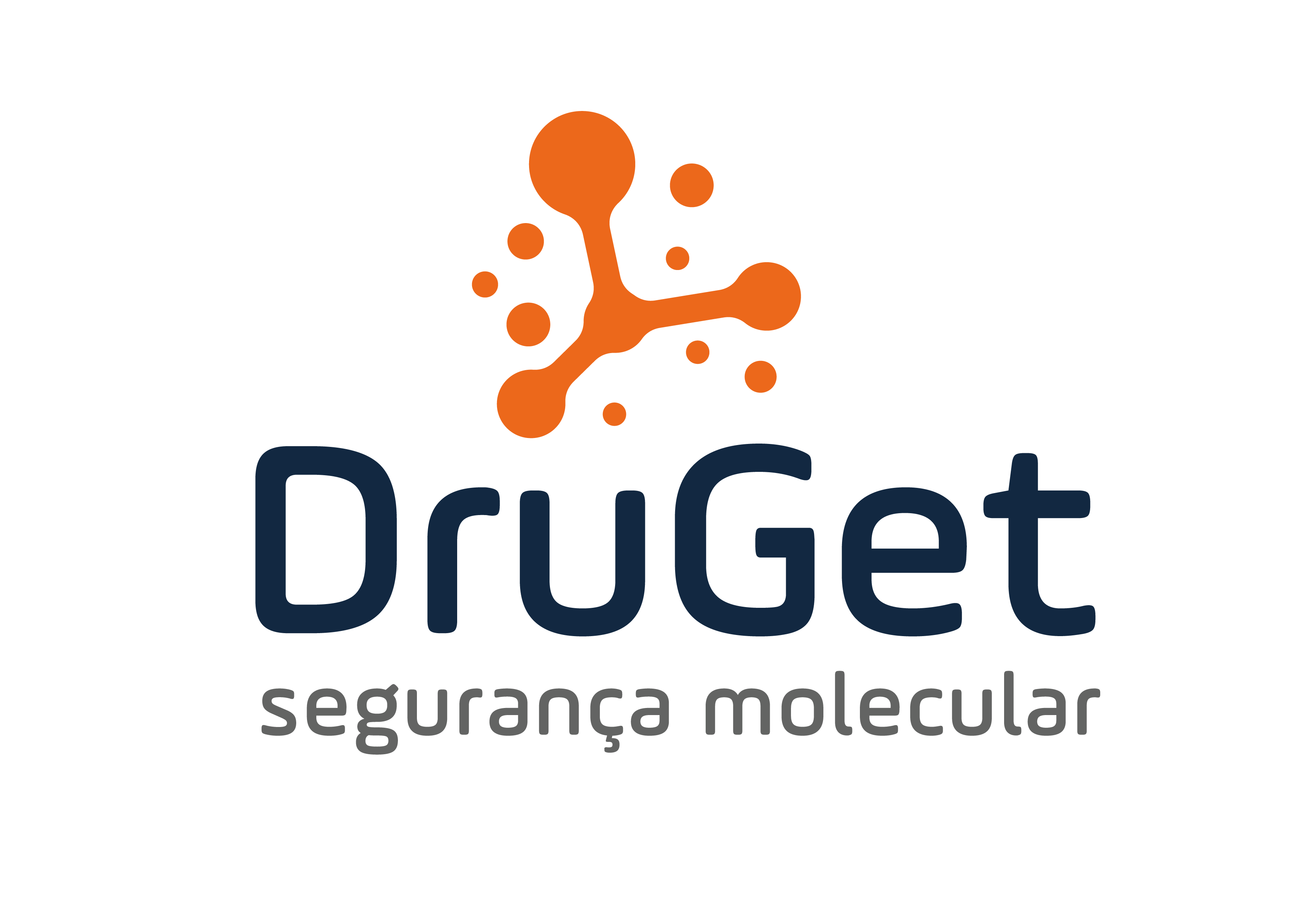The qualification of impurities and degradation products is a crucial process to ensure the biological safety of consumed medicines. To this end, this process uses scientific tools and technical data in order to validate that the health risk related to the use of a specific substance is insignificant.
Importance of Qualification
The importance of this qualification lies in the fact that all medicines contain impurities and degradation products. However, only those that exceed the limits established by Anvisa, based on the maximum daily dose, require a safety assessment. This assessment is essential to ensure the safety of medicines for human use.
Mutagenicity Assessment
To assess the mutagenicity of impurities, two complementary (Q)SAR prediction methods are used. The expert rule-based method employs a predefined set of rules to predict the mutagenic potential of impurities. On the other hand, the statistics-based method uses statistical data to make predictions about mutagenicity.
Both methods must follow the validation principles of the OECD (Organization for Economic Co-operation and Development). If neither method presents structural alerts, we classify the impurity as non-mutagenic (Mutagenicity Class 5), thus eliminating the need for additional testing.
Therefore, this process not only ensures regulatory compliance but also strengthens consumer confidence in pharmaceutical products. Anvisa establishes strict guidelines to qualify impurities and degradation products, ensuring that medicines on the Brazilian market reach the highest safety and quality standards.
For more information, see:







